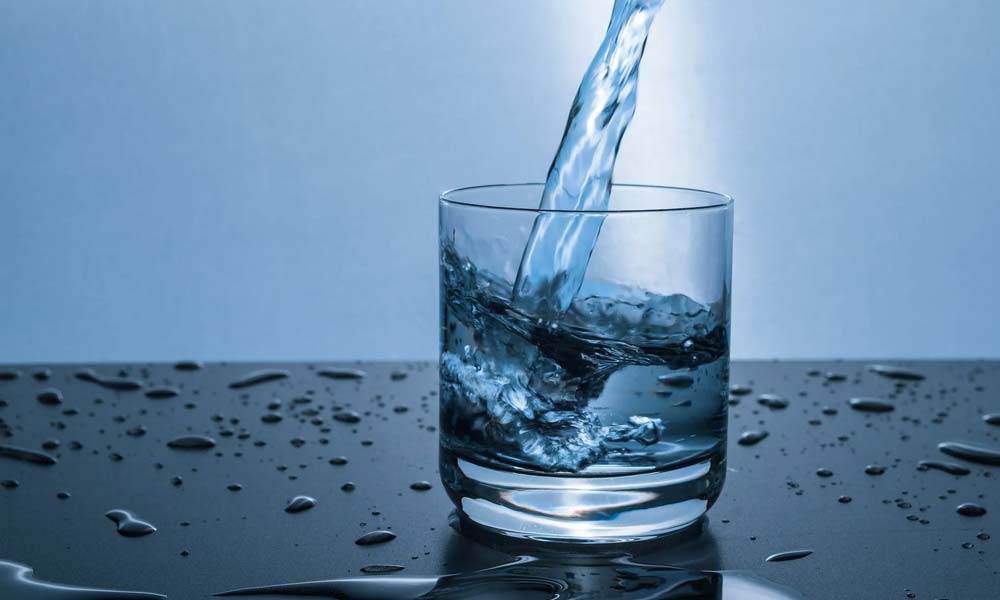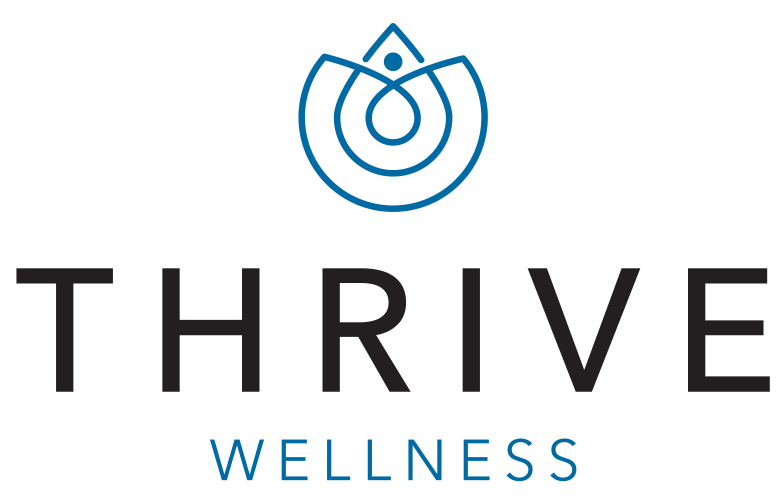
20 Dec Are you drinking enough water?
Are you drinking enough water?
The problem is, this often leads to a trickier question:
“How much water should I be drinking?”
Because, let’s be honest, even though our body consists of 50-60% of the stuff, there’s plenty of conflicting advice when it comes to our H20 consumption.
Some sources say we need to drink “8 glasses a day”.
But is that pint glasses or shots?
And if certain ‘experts’ are to be believed, we need to be chugging down industrial sized drums of water from the moment we wake up in the morning, until we go to sleep at night.
Which is fine, as long as you don’t mind spending your entire day in the loo.
But before we answer that question, it’s important we understand WHY hydration is so important to our overall health.
Here are the top 4 benefits of proper hydration:
1. Muscle and joint performance
Proper hydration helps keep your joints lubricated and functioning properly and enables your muscles to contract properly (which is essential for movement).
2. Removes toxins
We know that our kidneys filter and process the waste from our blood, but our hydration has an impact on how effectively they do this. Proper hydration enables your kidneys to perform as well as possible.
3. Increases brain function
Studies have found that even mild dehydration can affect mood, concentration levels, memory, and overall brain performance, while also causing headaches, fatigue and anxiety.
4. Cardiovascular health
Proper hydration increases your blood volume and reduces the strain on your heart when circulating oxygen around the body.
This in turn can help reduce the chance of heart attack, stroke and other heart conditions.
So, how much do we need each day?
It’s recommended that the ‘average’ person drink at least 1.5 – 2 litres of water per day, but this isn’t a ‘hard and fast’ rule.
- Children are often too busy to recognise signs of thirst.
- Pregnant and breastfeeding women require additional fluid for baby and breastmilk.
- Athletes or active individuals often lose more water through sweating, so will need to up their intake
The simplest strategy is to:
- Get into the habit of drinking frequently throughout the day (and taking water with you where possible).
- Check your pee! Your urine should have a pale straw colour (or lighter). If it’s darker, it’s an indication you’re dehydrated.
The good news, we don’t just have to drink water.
Anything over 85% water – including milk, fruit juice, tea and coffee – can count toward your total fluid intake.
Just be mindful that caffeinated drinks can also have a dehydrating effect, so they shouldn’t make up the majority of your intake.
Remember, waiting until you feel thirsty isn’t a good strategy – as you’ll likely already be dehydrated when that happens.
So, fill up your bottle, track your intake, and feel the benefits!

